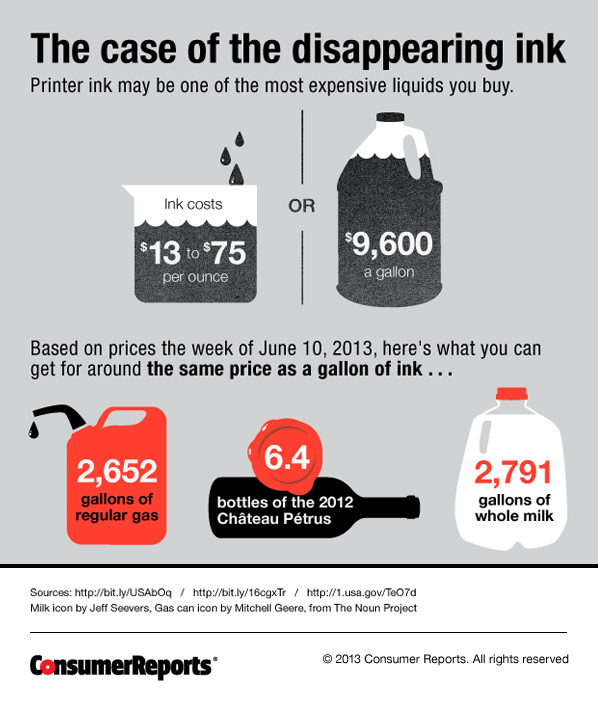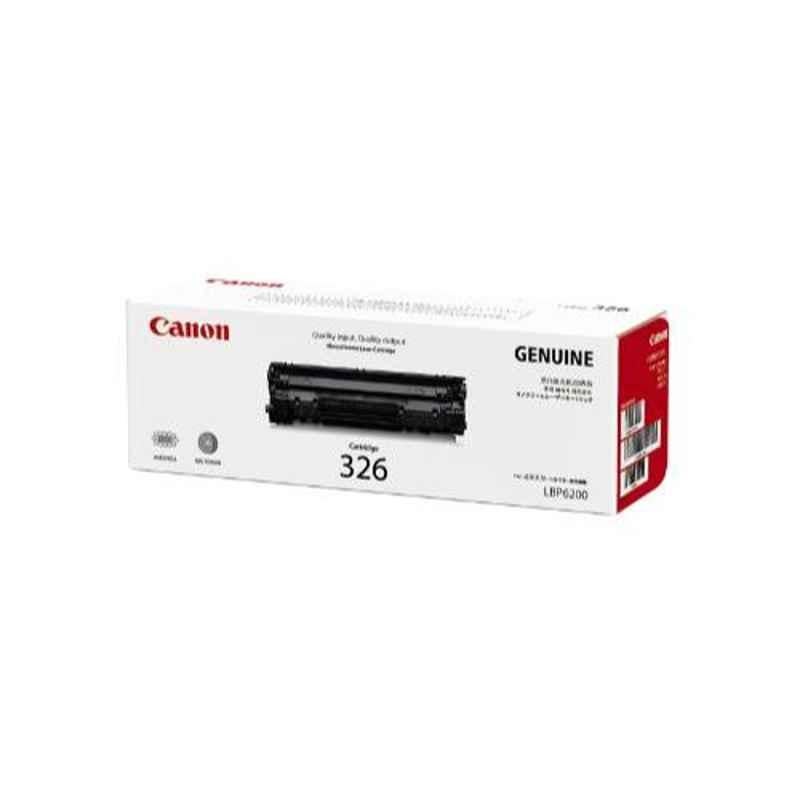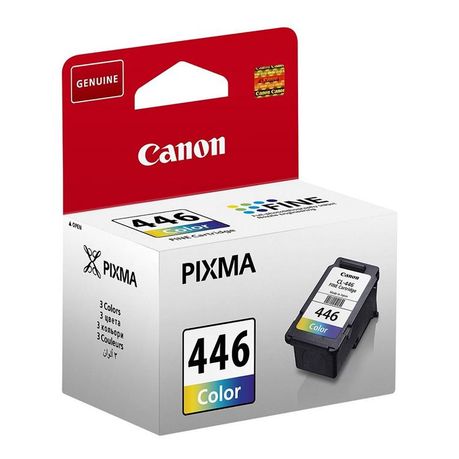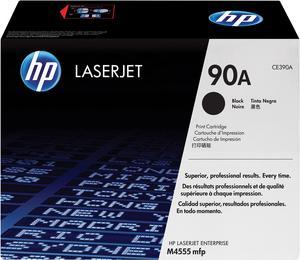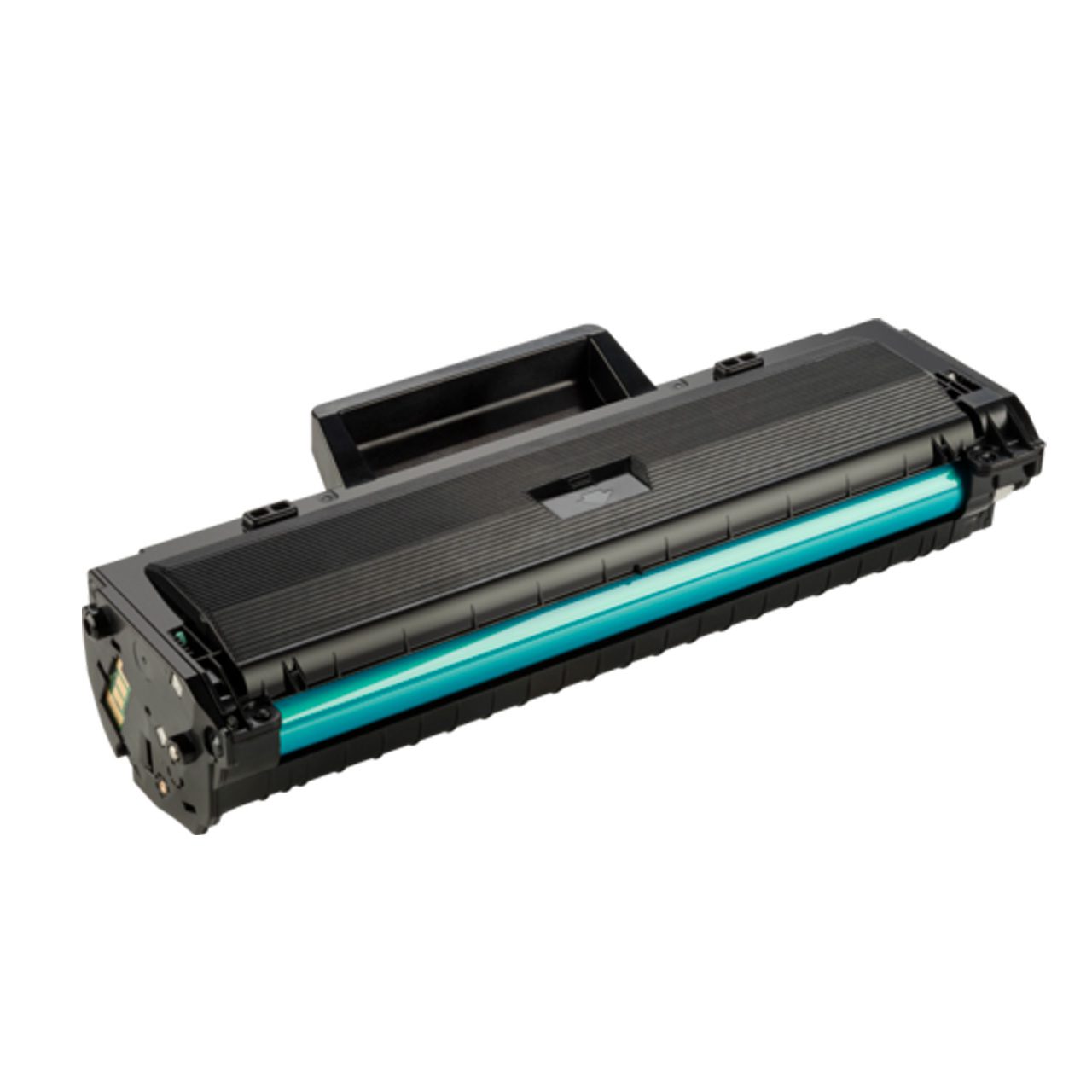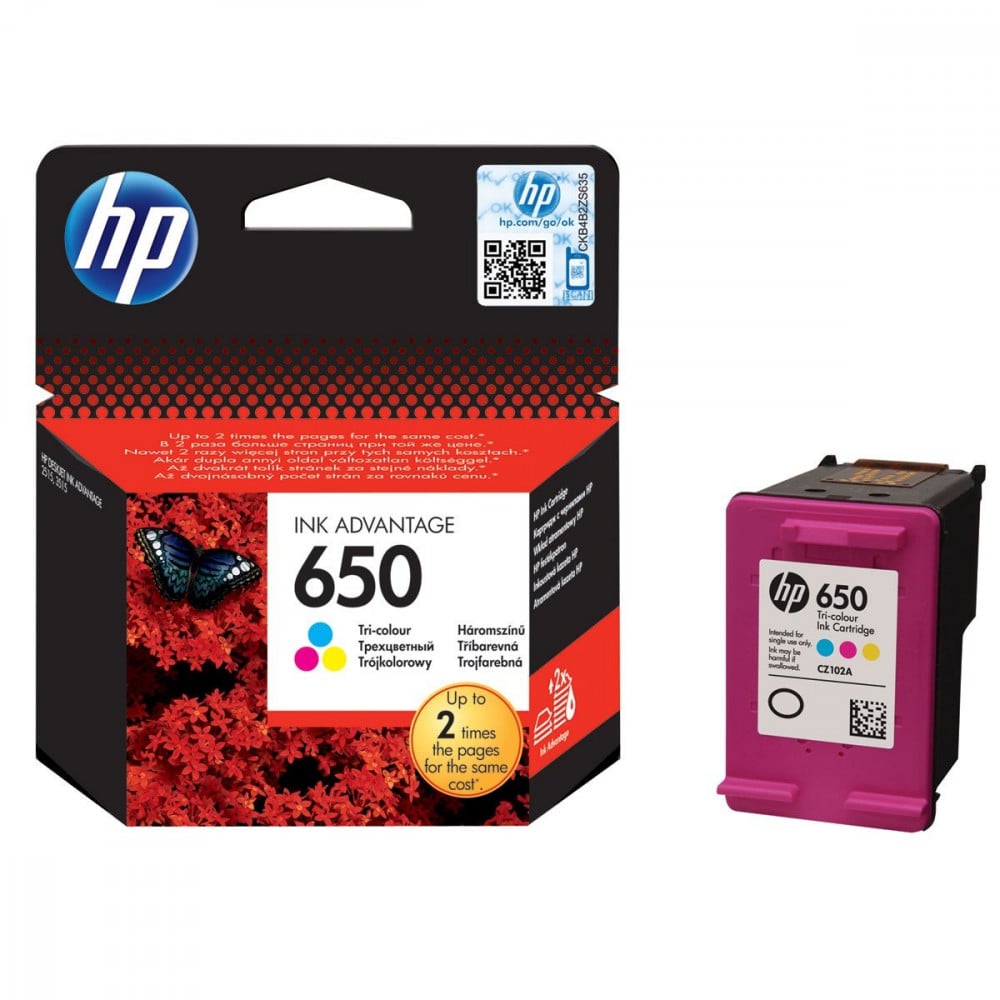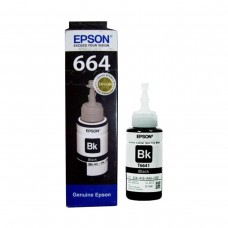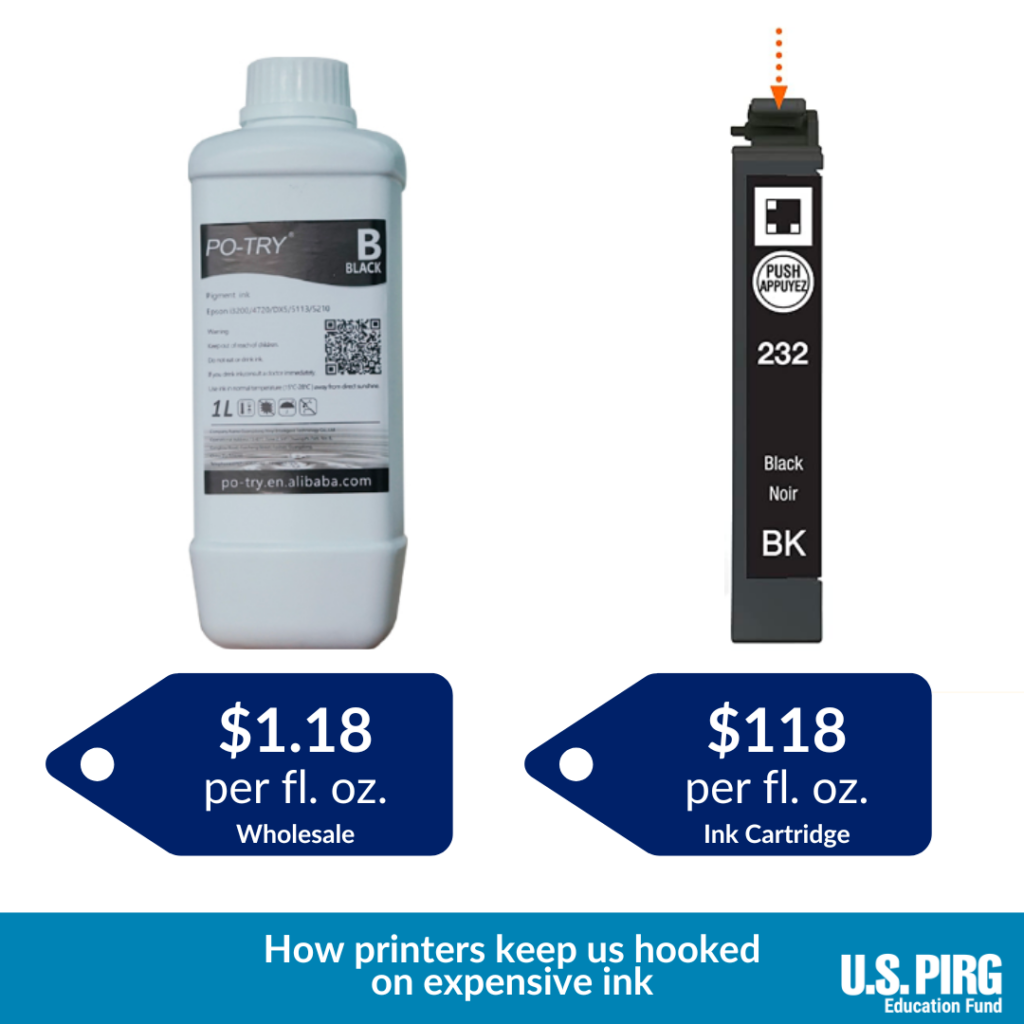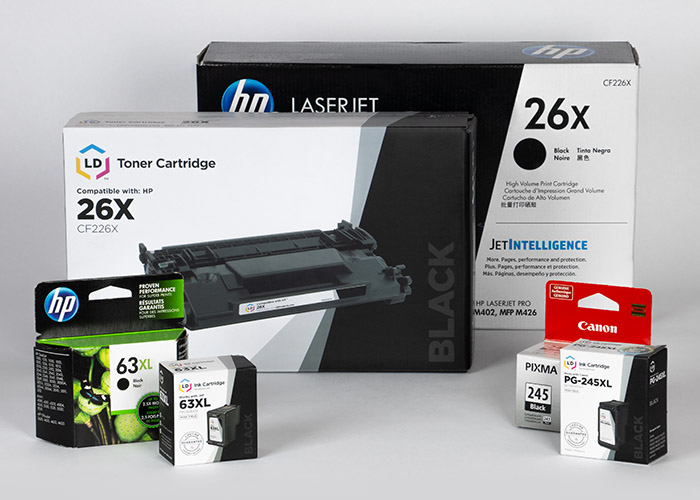
Name Brand vs. Remanufactured vs. Compatible Printer Cartridges – Printer Guides and Tips from LD Products

Canon Cartridge 325 Black Toner Cartridge | CRG 325 Price in Singapore | Cheapest Canon Cartridge 325 Toner

Amazon.com: Original HP 206X Black High-yield Toner Cartridge | Works with HP Color LaserJet Pro M255, HP Color LaserJet Pro MFP M282, M283 Series | W2110X : Office Products
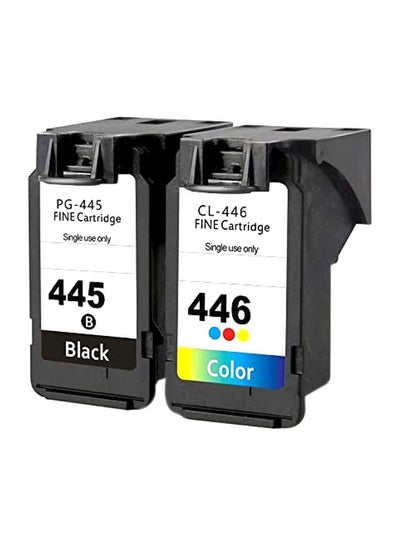
Replacement Laser Toner Ink Cartridge For Canon CL-446 And PG-445 Multicolour price in Egypt | Noon Egypt | kanbkam

HP Ink & Toner Cartridges - Black, Tri Color Printer Cartridges - Shop HP.com India - Shop HP.com India
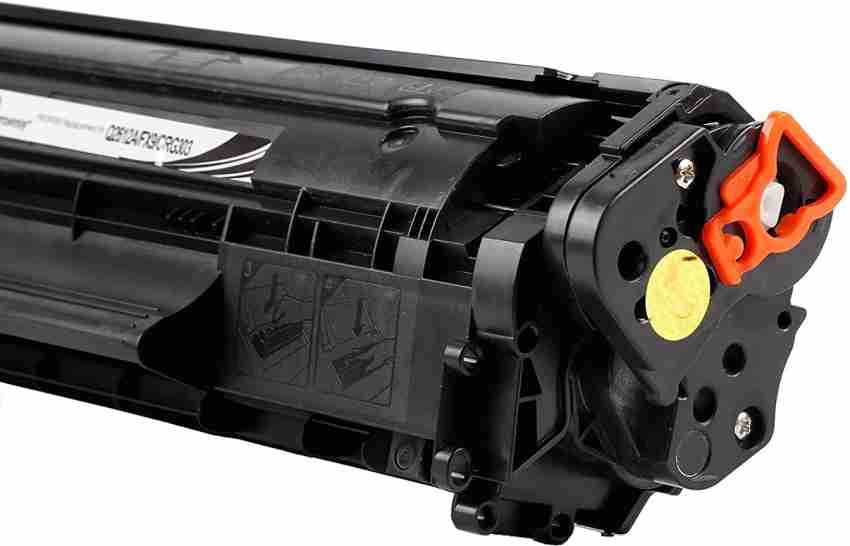
Black HP Laserjet M1005 Multifunction Laser Printer Toner Cartridge Black Ink Cartridge - Black : Flipkart.com


